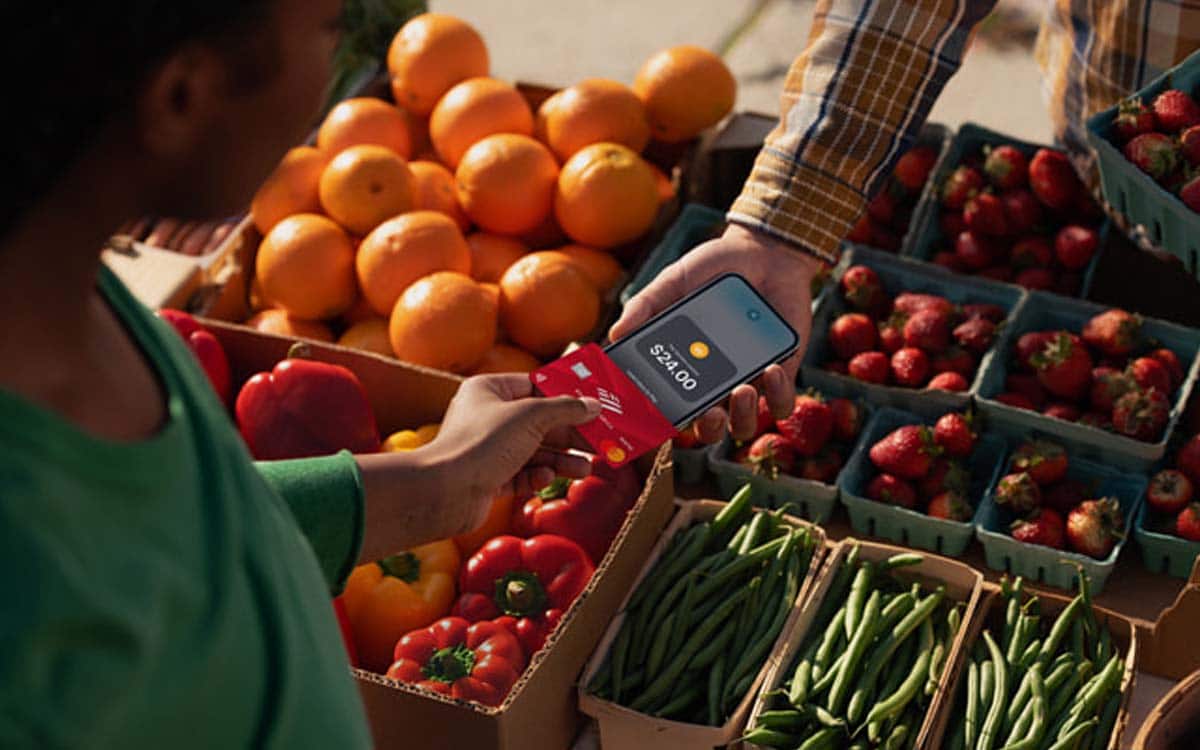iOS 16 could offer virtual credit cards in Safari to protect your data

The latest iOS 16 beta reveals a new feature that Apple has yet to announce. Indeed, the update mentions the possibility of using “a virtual card” to replace your bank card on Safari, so as to hide the real numbers. This method is already used by many banks to improve the security of their customers’ data.
iOS 16 is already full of interesting new features. In addition to its features aimed at making life easier for users, such as being able to bypass CAPTCHAs, Apple also wants transform your iPhone into a real wallet. As proof, we want the identity cards in digital format that will join the Maps application, but also a feature so far hidden by the manufacturer.
Indeed, the latest developer beta recently deployed is gradually revealing its secrets, in particular this new option spotted by our colleagues from 9to5Mac. It would thus seem that Apple adds the possibility ofuse a virtual carde for online purchases on Safari. Already very popular with traditional banks, these provide an additional card number to the user’s usual bank card in order to better protect this sensitive data.
iOS 16 will better protect your bank details
Here is what we can read in the code of the update: “Make this card available in Safari AutoFill and hide your real card number when shopping online. Continue to use your card as usual. When shopping online, it’s now available in Safari AutoFill with your actual card information hidden. » As a reminder, the Maps app already hides credit card numbers main user.
On the same subject — iOS 16: impossible to edit or delete your messages with a user under an old version
Everything therefore suggests that virtual cards will make their arrival in Safari with iOS 16. However, since Apple has not yet communicated on the subject, it is difficult to say whether this feature will be available from launch. For your information, virtual cards usually only allowa limited number of purchases and are only valid on averageone year maximum.
Source : 9to5Mac




